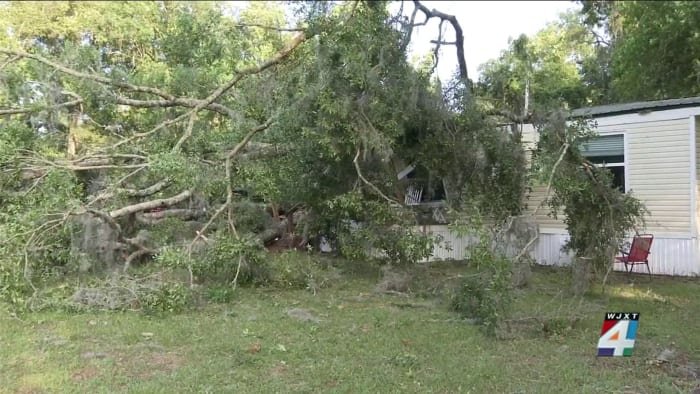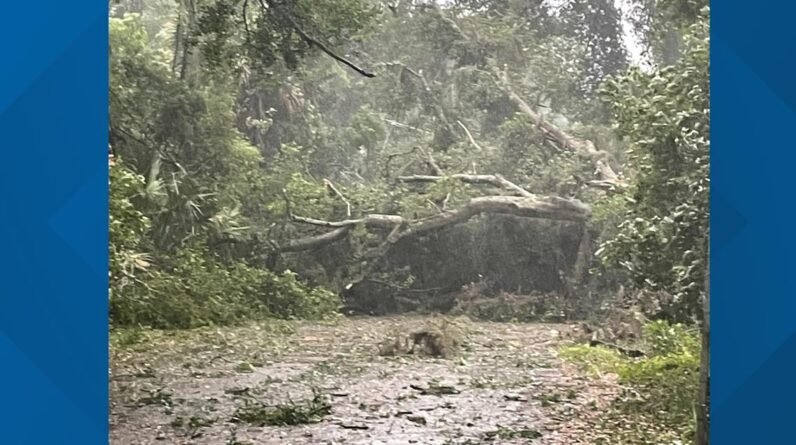
If you’re ready to jump on a “steal” for spring break travel or another vacation, pause before you book, the Federal Trade Commission warns. It could be scammers who are after the steal.
The FTC offered some examples of how these scams work:
-
A “free” vacation that requires fees first (Which, of course, means it’s not really free.)
-
An email for a low-priced travel package, but the organizer won’t say where you’ll be staying or share other details.
Not only could your dream vacation turn into a nightmare, but if you pay, it’ll be hard to get your money back, the FTC says.
How to avoid a travel scam:
-
Do some research. Look up the name of the travel company or agent with the words “scam,” “review,” or “complaint” to see what others say about them.
-
Don’t sign or pay until you have specific details. Ask for the exact address of the hotel or resort so you can research it independently. Also, get copies of the cancellation and return policies before you sign or pay.
-
Don’t pay with wire transfer, gift cards, or cryptocurrency. Dishonest travel package promoters will ask you to pay in one of these ways, but that’s a sure sign of a scam.
Learn more at ftc.gov/TravelScams. Spot a scam? Tell the FTC at ReportFraud.ftc.gov.
Copyright 2024 by WJXT News4JAX – All rights reserved.







